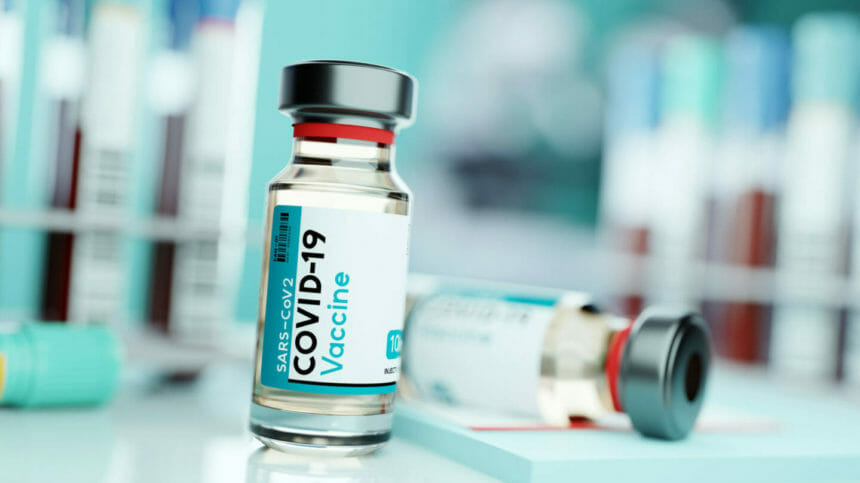
Vaccine advisers to the Food and Drug Administration have recommended that elders and other vulnerable groups be offered a third dose of Moderna’s COVID-19 vaccine under emergency use authorization (EUA).
On Thursday, members of the Vaccines and Related Biological Products Advisory Committee voted 19-0 that the data provided by Moderna supports a booster vaccination at least six months after an initial course of shots. An EUA should include the following groups, they agreed:
- Adults aged 65 years and older;
- Adults aged 18 to 64 years who are highly vulnerable to severe COVID-19; and
- Adult workers aged 18 to 64 years who have frequent exposure to the disease and therefore are at high risk of severe illness.
These are the same at-risk groups approved in September to receive a Pfizer booster. In addition, Moderna has proposed that only a half-dose of its vaccine is needed, in an effort to prevent side effects seen with the initial two-dose course. Pfizer’s booster contains a full dose.
The advisory group’s vote is likely to be quickly followed by a decision and recommendation by FDA officials. A Centers for Disease Control and Prevention recommendation is expected to then follow.
The advisers cautioned that their unanimous vote on the Moderna drug was to some extent influenced by the FDA’s decision to authorize the third Pfizer vaccine.
According to a report by The Hill, one vaccine expert at the University of Pittsburgh said the Moderna data was not strong, but was “certainly going in the direction that is supportive of this vote.”
Moderna’s data shows that a two-dose initial course of its vaccine retains 93% effectiveness in preventing illness after five months and provides 98% protection against severe COVID-19 outcomes, the company reported in August.
In its argument that a booster is needed for vulnerable groups, Moderna has contended that its vaccine’s protection fades over time. Antibody levels drop six to eight months after a second dose, The Hill reported.



